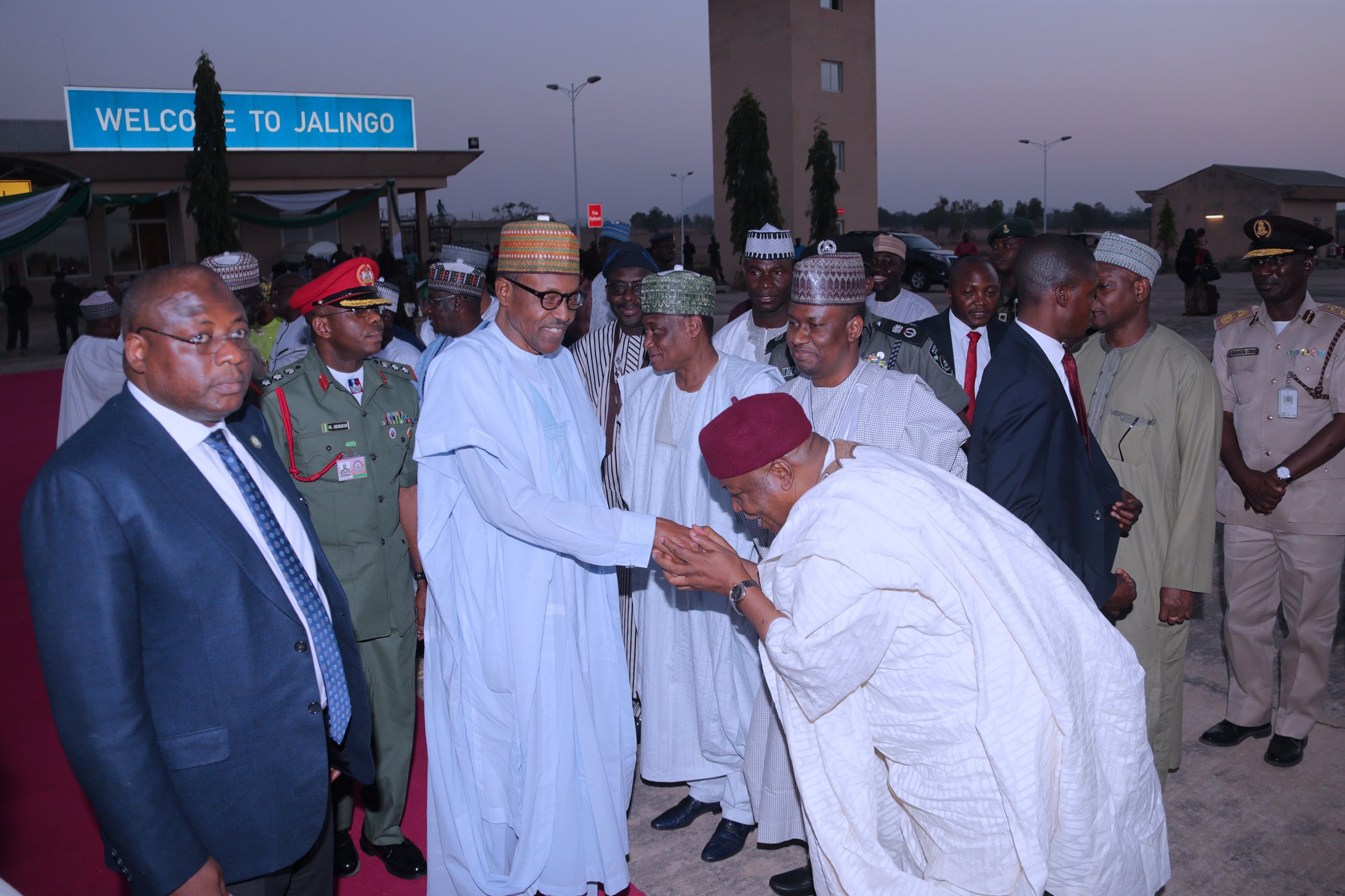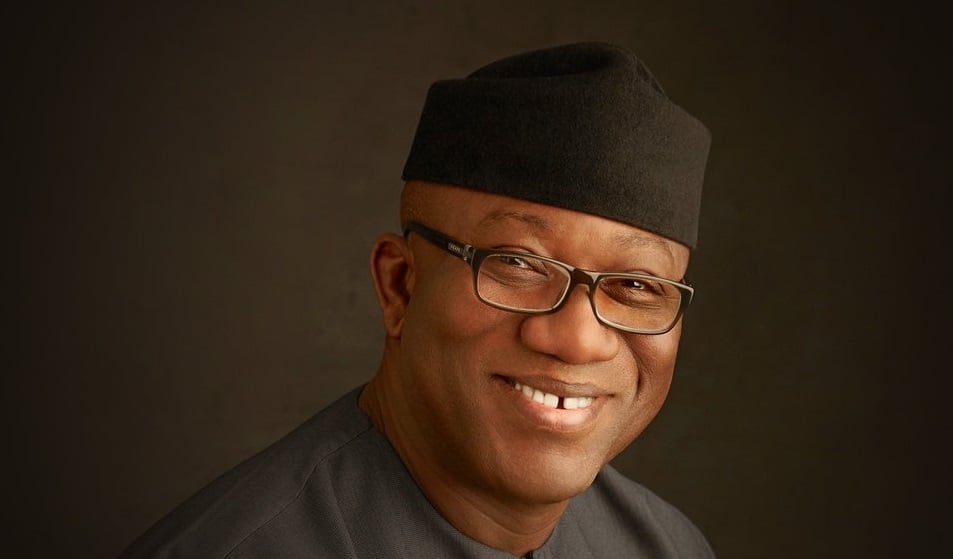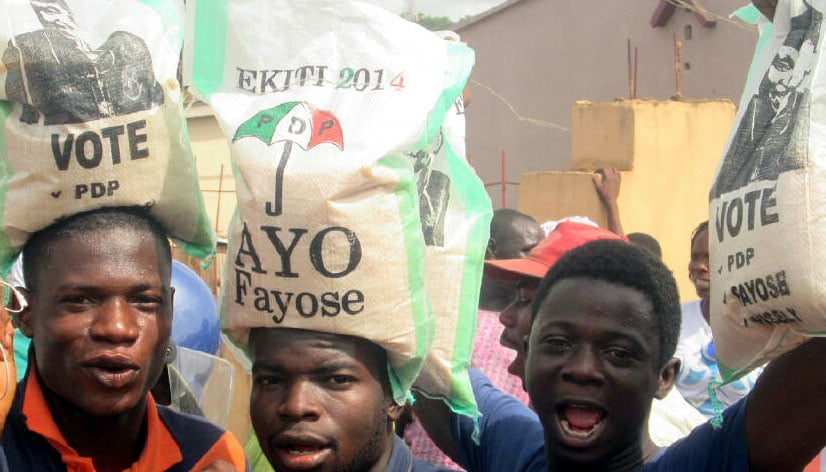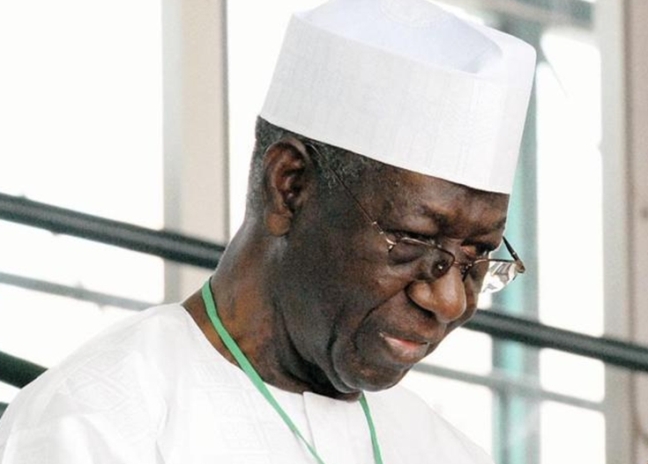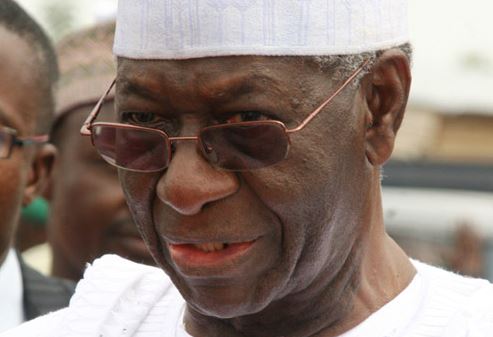Unless an appellate court upturns the verdict down the road, activist-entertainer and self-styled ‘Area Father,’ Charles Oputa better known as Charly Boy, will be N50 million richer, courtesy of a liability fee due to him from the Nigeria Police. A Federal High Court in Abuja, last Monday, ordered the force along with two top brass – the Police Inspector-General and Federal Capital Territory Commissioner – to pay Charly Boy the N50million as compensation, in addition to rendering him public apology in two national newspapers. These orders resulted from the court having found them in violation of the entertainer’s fundamental rights during a public rally held August 2017 in Abuja.
Oputa had spearheaded the protest march last year to ask President Muhammadu Buhari, who was then on a protracted medical vacation in London, to either resume at once or resign from office. Not that the protest was universally applauded, as many viewed it to be in affront of Nigerian cultural sensibility of accommodation and empathy towards a distressed fellow human. But then, the activists had chosen to vent their view and the freedom to express it with the public rally, until the police moved in with heavy sleigh of hand to abort the action, which the Abuja court held to be a constitutional right of Charly Boy and his co-actors. In the suit he instituted in March, this year, to enforce his fundamental rights, Oputa had told the court that policemen from the FCT Command numbering more than a hundred stormed the Unity Fountain in Abuja on 8th August 2017, attacking him and his group with teargas canisters, hot water cannon and wild police dogs. The attack by the policemen, according to him, was so heavy-handed that he collapsed in the process and had to be rushed to a hospital. The activist argued that the police, by that intervention, violated his fundamental right to the dignity of the human person, freedom of expression, peaceful assembly and association contrary to Sections 34, 39 and 40 of the 1999 Constitution of the Federal Republic of Nigeria (as amended), and as enshrined in Articles 5, 9, 10 and 11 of the African Charter on Human and Peoples Rights (Ratification and Enforcement) Act, Cap. A9, Laws of the Federation of Nigeria, 2004.
He urged the court to hold that the treatment meted out to him was unjustifiable, illegal, and unconstitutional. In his verdict last week, Justice John Tsoho of the Federal High Court agreed with the applicant, Oputa, that civil protest is a constitutionally guaranteed right provided it is staged peacefully. Rebutting an argument by the police that miscreants invaded the Unity Fountain venue to hijack the protest, the judge held that there was no evidence supporting that claim. In any event, he ruled, even if miscreants had shown up on the scene, the respondents – that is, the police and the cited principals – should have deployed appropriate security measures to dislodge them and maintain law and order. “The respondents need not exercise uncommon aggression and mayhem to wade off the alleged miscreants,’’ His Lordship said. According to the court, the respondents had said in a counter-affidavit that it was in a bid to protect members of the public and public property from the ‘miscreants’ who suddenly took over the protest that their men and officers used teargas canisters and hot water cannon to disperse the hoodlums, and that the teargas and water cannon were not directed at the applicant.
But this contention, the judge ruled, lacked substance because teargas typically circulates and affects all persons within the vicinity. “The law is that the court has the right to grant redress to anyone whose right is violated, and the applicant is entitled to a remedy,’’ Justice Tsoho declared. “Relief 4 is granted and the respondents are ordered to publish an apology to the applicant in two national newspapers for violating his fundamental rights. The sum of 50million naira is awarded against the respondents as general and exemplary damages,’’ he added.
Advertisement
The court also ordered a perpetual injunction restraining the respondents from violating the fundamental rights to dignity of the human person, freedom of expression and peaceful assembly and association. Just so to be clear, the legality and morality of Charly Boy’s #ResumeOrResign protest are not necessarily the same. Talking about morality, not a few, as earlier noted, would argue that the action affronted deeply ingrained cultural sensibilities. But the legality of the action is another matter altogether, and so is the security licence often wielded by the police to willy-nilly crush civil protests. Last week’s decision by the Abuja court affirmed peaceful rallying – you may underscore ‘peaceful’ – by citizens as a constitutional right that should not be impeded by security enforcers in the guise of preempting possible breakdown of law and order. The verdict implied that with masterful skills on the part of those enforcers, mayhem can be prevented or staunched without citizens’ constitutional right of free expression being abridged. Nigeria is a democracy, even if imperfectly so, and the democratic space needs to be safeguarded against martial tendencies as could make us look like a turncoat police state. That, for me, is the core message of Justice Tsoho’s verdict and Charly Boy’s millions deriving from it.
You could also say this latest verdict bolsters an allied argument that has oftentimes been contested by the police, namely that police permit is not required for public rallies in this country. Many civil marchers have been battered down by the police on the contention that its permit was not secured beforehand. But some organisers of those marches, among them civil society actors, have insisted that no such permit was required. And reputable lawyers have backed up their claim, arguing that such position followed from a 2007 verdict of the Appeal Court that has not been vacated at the Supreme Court. In the said verdict, the Appeal Court upheld a 2005 judgment of the Federal High Court, Abuja, to the effect that the provisions of the Public Order Act, Cap. 382, Laws of the Federation of Nigeria, 1990, which prohibit the holding of rallies or processions without police permit, are invalid having regard to Section 40 of the 1999 Constitution and Article 11 of the African Chatter on Human and People’s Rights (Ratification and Enforcement) Acts, Cap. 10, Laws of the Federation of Nigeria, 1990.
But we must also be careful not to be anarchists, or get things mixed up. The police, by all means, must be given advance notice of any planned public rally so they could watch over the procession and provide security cover as would prevent hoodlums hijacking such a rally. After all, it is a compelling duty of government, of whom the police are agents, to prevent a breakdown of law and order. Advance notice, however, isn’t the same as securing a formal permit. The beauty of law enforcement in developed democracies is in how order is preserved without core freedoms of citizens being scuttled. Those freedoms get constrained only when an emergency is formally declared and a public notice served. The Abuja court verdict shows up a pressing need for Nigerian security operatives to learn refined methods of crowd management that do not have to involve cracking down brutally on the people to be managed. And if our democracy would be strengthened, it is a lesson to be taken to heart and applied by the authorities concerned. Please join me on kayodeidowu.blogspot.be for conversation
Advertisement
Views expressed by contributors are strictly personal and not of TheCable.
Add a comment


